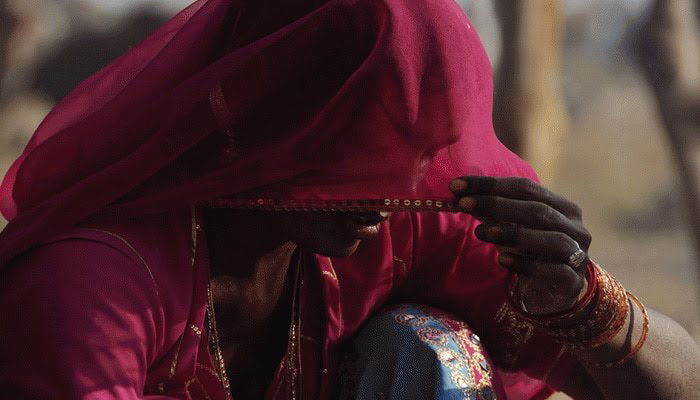How The women of Rajasthan are still suffering from the wounds inflicted by the Mughals?


In Rajasthan wearing a veil is a part of its culture and tradition. But it was not always like this. In fact, to save women from the Mughals, the purdah system was started in Rajasthan and surrounding areas. It was a Mughal law that if an emperor’s eyes fell on a woman and he liked her, then that woman had to become a part of the harem even if she did not want to.
It is said that when Hindus got married, the Mughals used to pick up women from the marriage ceremony. That’s why Hindus started saying farewell at night, which is still done under the stars.
Not only the veil, but also the practice of Sati is the gift of the Mughals. Because to avoid them a woman used to commit sati. Which later tried to make it a tradition. There is no mention of veil in any book or Purana composed in Vedic India.
Even Manu Smriti has not written about this. In which many strict rules were made regarding women. Not only the veil, the wearing of the groom’s face is also a contribution of the Mughals. The wearing of sherwani and sehra was made a part of medieval history by the Mughals.
This practice of veils and curtains, which started in the 12th century, continues even today in Rajasthan, especially in Rajput society. Which is considered a way of respecting elders. This practice started during the time of Mughals was actually made to save our women from the eyes of Muslims. Which was not accepted by any woman willingly, rather it was the compulsion of the time.
You will be surprised to know that even a mantra has been written in Rigveda, the essence of which is that this girl is auspicious, get together and bless her after seeing her. The blessings of the elders and the affection of the younger ones should be taken by showing them.
The purpose of this article is not to hurt anyone’s sentiments. Wearing a veil is a valid tradition in Rajasthan. The people here who have become modern are still following this tradition. Whether someone wants to take the veil or not, it is his own discretion. Otherwise you cover your head even while going in front of God and in our culture elders are considered equal to God.
DISCLAIMER: The author is solely responsible for the views expressed in this article. The author carries the responsibility for citing and/or licensing of images utilized within the text.
